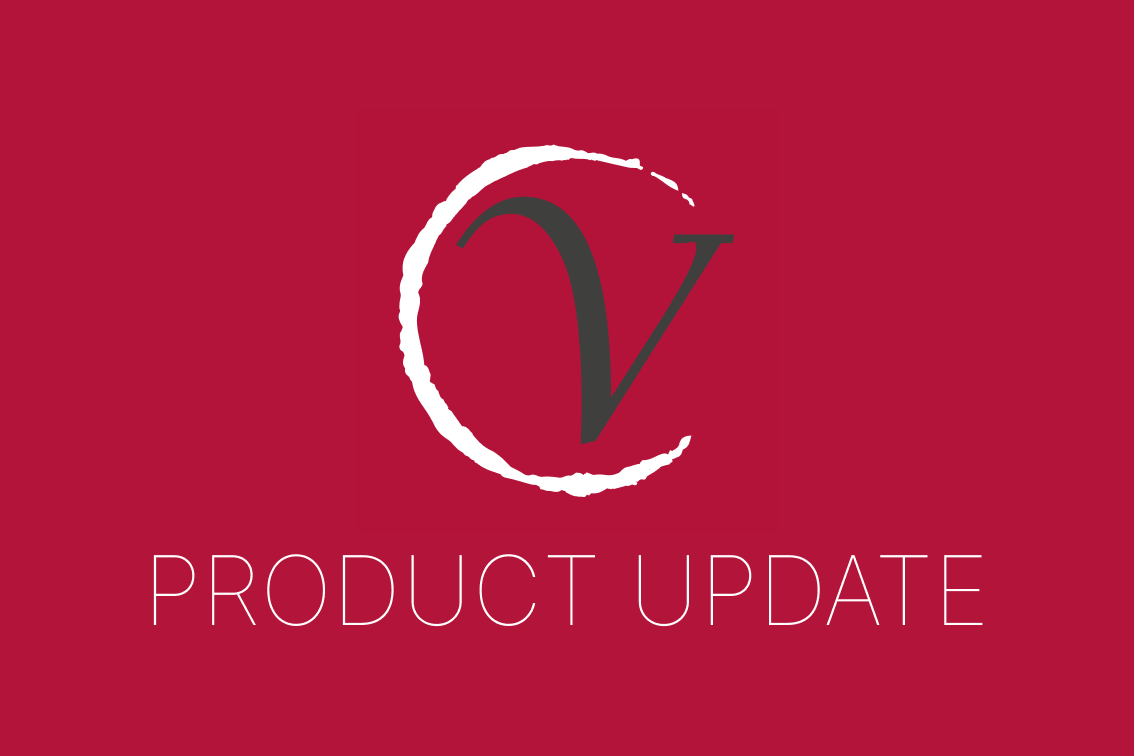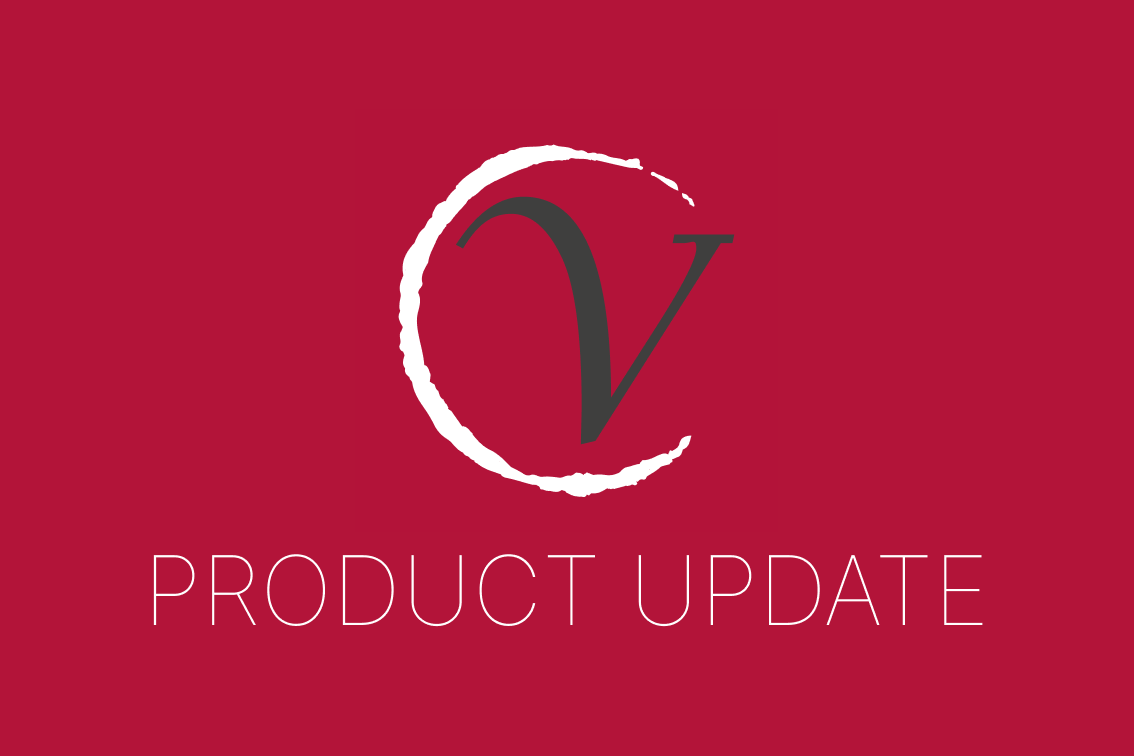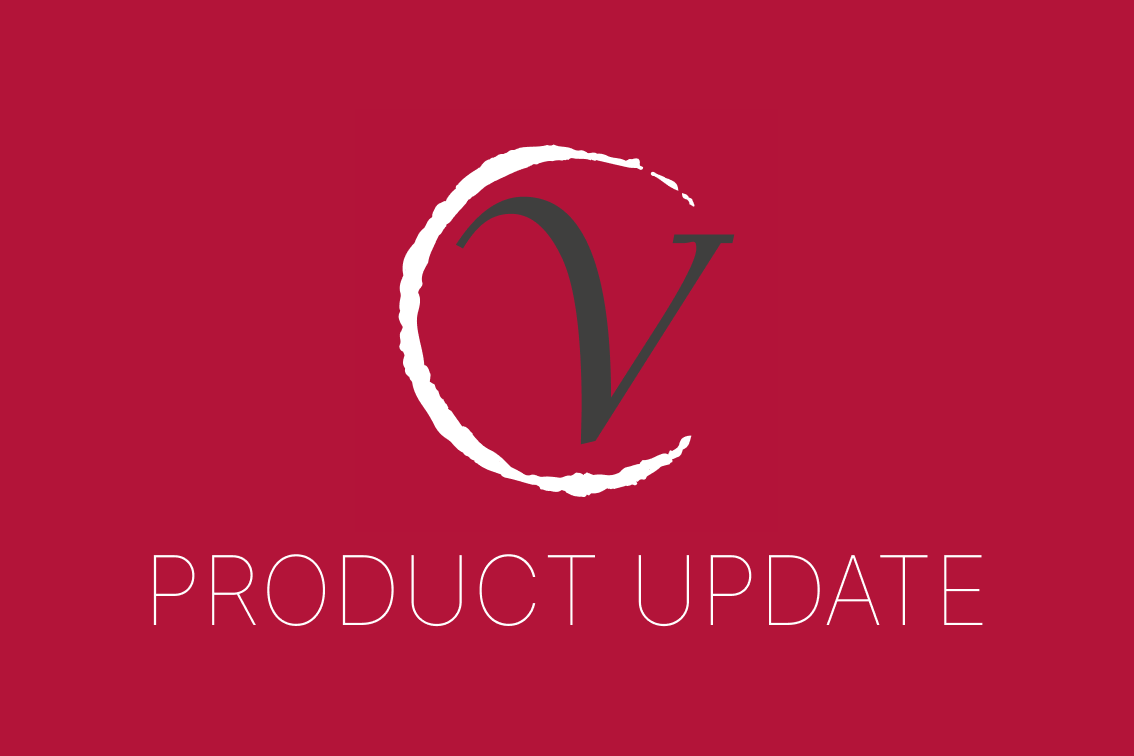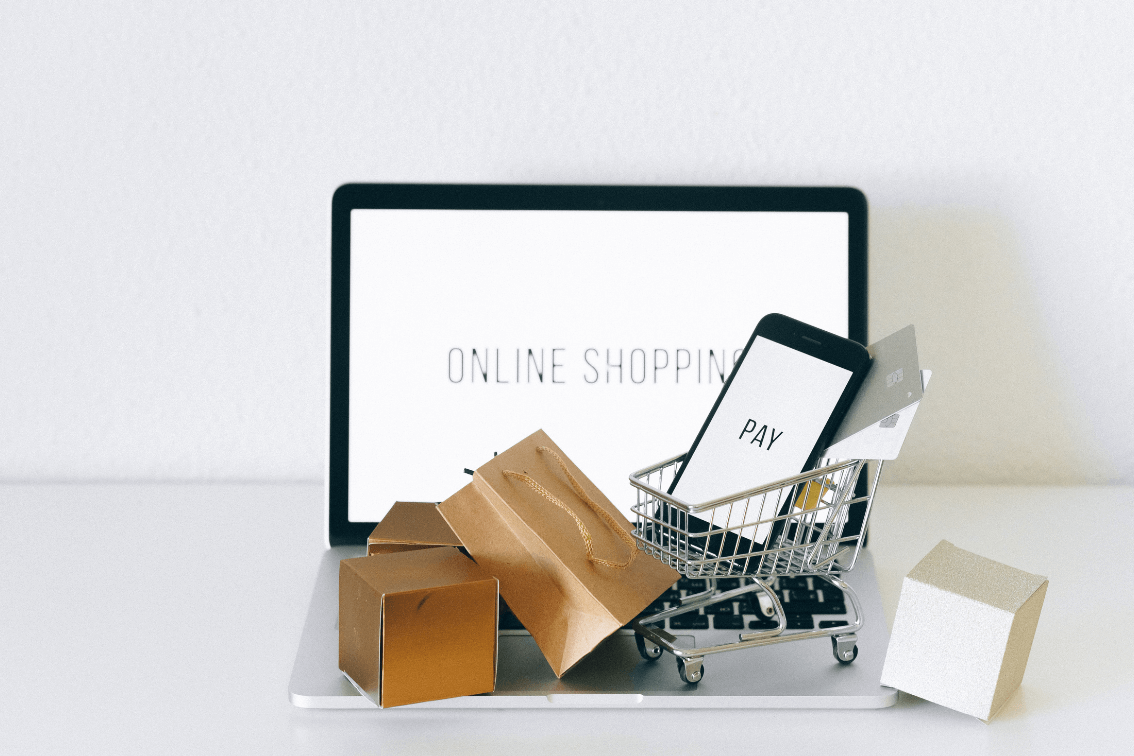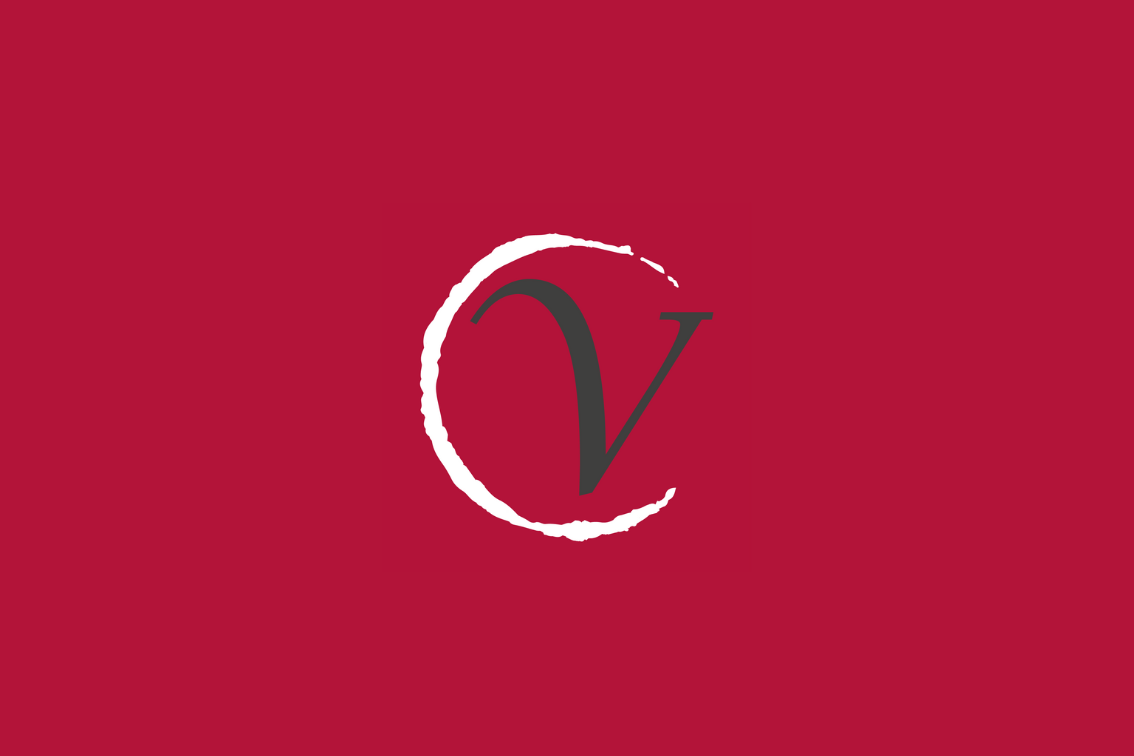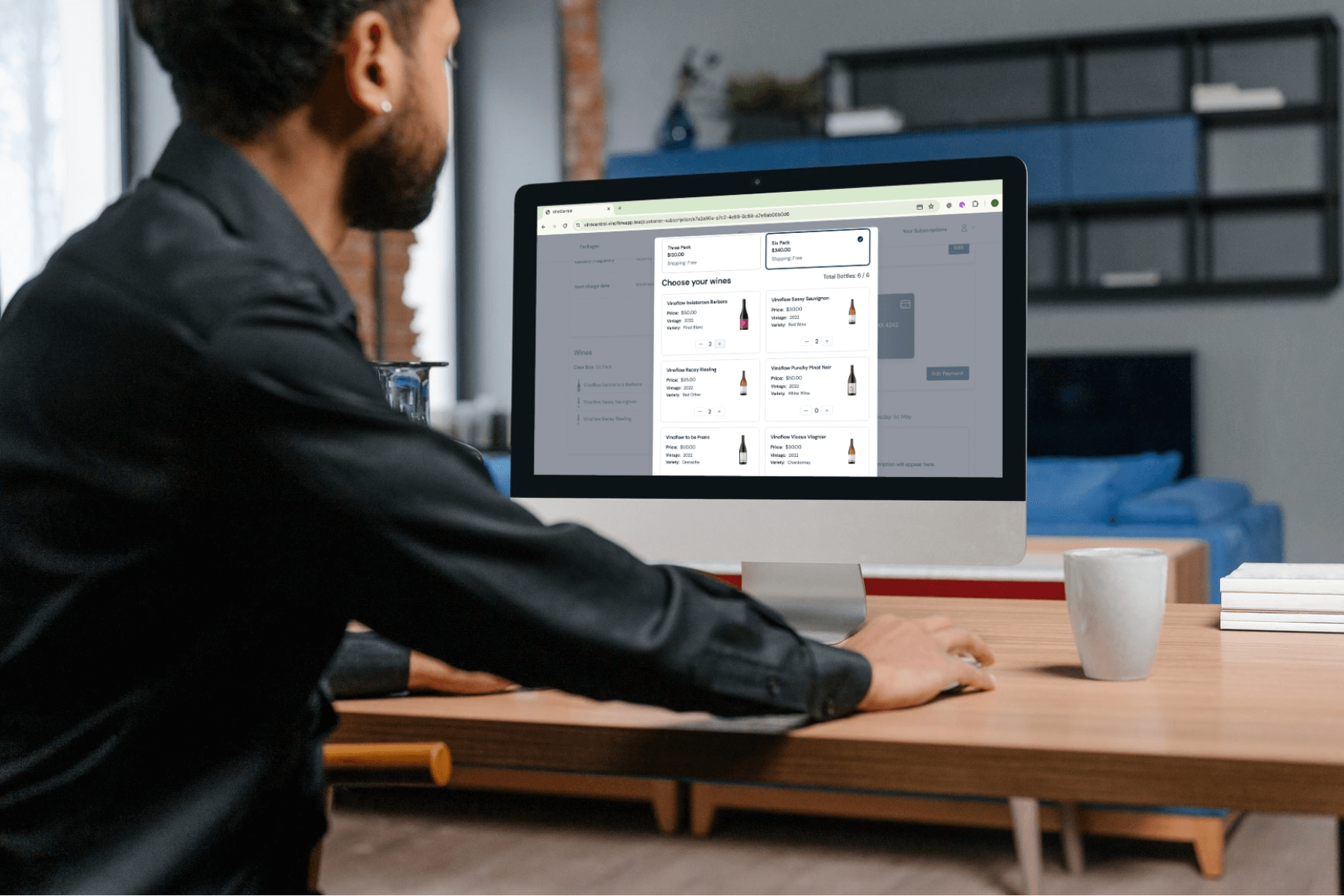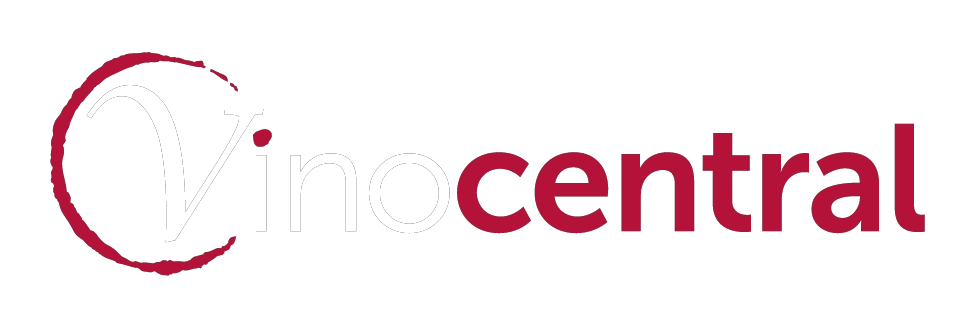4th of June 2024
The Benefits of Using Software for Direct-to-Consumer Wine Sales
In the digital age, technology has become an indispensable tool for businesses across various industries. The wine industry, with its unique challenges and opportunities, is no exception. Direct-to-consumer (D2C) sales have gained significant traction in recent years, offering wineries an effective way to reach customers, build brand loyalty, and increase profitability. As the landscape evolves, using specialised software for D2C wine sales has proven to be a game-changer, particularly for small family-run wineries that often struggle with limited time and resources. This blog explores the numerous benefits of leveraging software to enhance D2C wine sales, streamline operations, and ultimately, boost sales.
Streamlining Operations and Enhancing Efficiency
One of the most significant advantages of using software for D2C wine sales is the ability to streamline operations. Wineries, especially smaller ones, typically juggle multiple tasks ranging from production and inventory management to marketing and customer service. These tasks can be time-consuming and prone to errors when managed manually. Specialised software can automate and integrate various aspects of the business, ensuring smooth and efficient workflows.
For instance, inventory management software can track stock levels in real-time, preventing stockout and overstock situations. This not only saves time but also reduces waste and associated costs. Additionally, order processing software can automate the entire order lifecycle—from placement to delivery—minimising manual intervention and errors. By automating routine tasks, wineries can free up valuable time to focus on more strategic activities such as product development and customer engagement.
Improved Customer Relationship Management
Building and maintaining strong relationships with customers is crucial for the success of any D2C business. Software solutions can significantly enhance customer relationship management (CRM) by providing comprehensive tools to manage customer interactions, preferences, and feedback. Advanced CRM systems offer features such as customer segmentation, personalised marketing, and loyalty programs, which can be instrumental in fostering customer loyalty and increasing repeat sales.
With CRM software, wineries can segment their customer base based on various criteria such as purchase history, preferences, and demographics. This enables targeted marketing campaigns that resonate with specific customer segments, leading to higher engagement and conversion rates. Personalised marketing messages, such as tailored wine recommendations or exclusive offers, can create a more intimate and satisfying customer experience.
Enhanced Marketing and Sales Strategies
Effective marketing is essential for driving D2C wine sales, and software can play a pivotal role in optimising marketing strategies. Marketing automation tools allow wineries to plan, execute, and monitor marketing campaigns with greater precision and efficiency. From email marketing and social media campaigns to search engine optimisation (SEO) and pay-per-click (PPC) advertising, software solutions can streamline various marketing activities.
For example, email marketing platforms enable wineries to create and send personalised email campaigns to their subscribers, promoting new products, events, and special offers. Social media management tools help in scheduling and publishing content across multiple platforms, engaging with followers, and analysing the performance of social media campaigns. Moreover, analytics tools provide valuable insights into customer behaviour, campaign effectiveness, and sales trends, allowing wineries to make data-driven decisions and optimise their marketing efforts.
Facilitating E-Commerce and Online Sales
The rise of e-commerce has revolutionised the way consumers purchase wine. An effective online presence is crucial for capturing D2C sales, and e-commerce platforms can facilitate this by providing robust tools for online store management. E-commerce software enables wineries to set up and manage their online stores, offering features such as product listings, shopping carts, payment gateways, and customer support.
A well-designed e-commerce platform can enhance the customer shopping experience, making it easy for customers to browse products, place orders, and make payments securely. Additionally, integration with inventory and order management systems ensures that stock levels are updated in real-time, and orders are processed efficiently. This seamless integration not only improves operational efficiency but also enhances customer satisfaction by providing a smooth and hassle-free shopping experience.
Better Financial Management
Managing finances is a critical aspect of running a successful winery, and financial management software can greatly simplify this task. Accounting and financial management tools offer features such as invoicing, expense tracking, payroll management, and financial reporting. These tools can automate various financial processes, ensuring accuracy and compliance with regulatory requirements.
By using financial management software, wineries can gain better visibility into their financial performance, track profitability, and make informed financial decisions. Automated financial reporting and analytics provide insights into key financial metrics, helping wineries identify areas for cost savings and revenue growth. This financial clarity is particularly beneficial for small family-run wineries that need to carefully manage their resources to ensure long-term sustainability.
Scalability and Growth
As wineries grow, their operational complexities increase. Software solutions offer scalability, allowing wineries to expand their operations without compromising efficiency. Cloud-based software solutions, in particular, provide the flexibility to scale up or down based on business needs. This means that wineries can add new features, users, and capabilities as they grow, without the need for significant upfront investments in IT infrastructure.
Scalable software solutions also facilitate expansion into new markets. For instance, wineries can use e-commerce platforms to reach international customers, and marketing automation tools to manage multi-channel marketing campaigns. By leveraging scalable software, wineries can seamlessly manage growth and capitalise on new opportunities.
Enhancing Compliance and Traceability
The wine industry is subject to various regulations and compliance requirements, particularly concerning production, labelling, and distribution. Compliance management software can help wineries navigate these complexities by providing tools for tracking and documenting compliance-related activities. This ensures that wineries meet regulatory requirements and avoid potential legal issues.
Traceability is another critical aspect, particularly for wineries that prioritise sustainability and ethical practices. Software solutions can track the entire production process, from vineyard to bottle, providing transparency and traceability. This not only enhances compliance but also builds trust with customers who value transparency and sustainability.
The adoption of specialised software for direct-to-consumer wine sales offers numerous benefits, particularly for small family-run wineries. From streamlining operations and enhancing efficiency to improving customer relationship management and facilitating e-commerce, software solutions provide the tools necessary to thrive in the competitive wine industry. By leveraging technology, wineries can optimise their workflows, enhance customer engagement, and drive sales, ensuring long-term success and sustainability. As the wine industry continues to evolve, embracing technological advancements will be key to staying ahead of the curve and capitalising on new opportunities.
